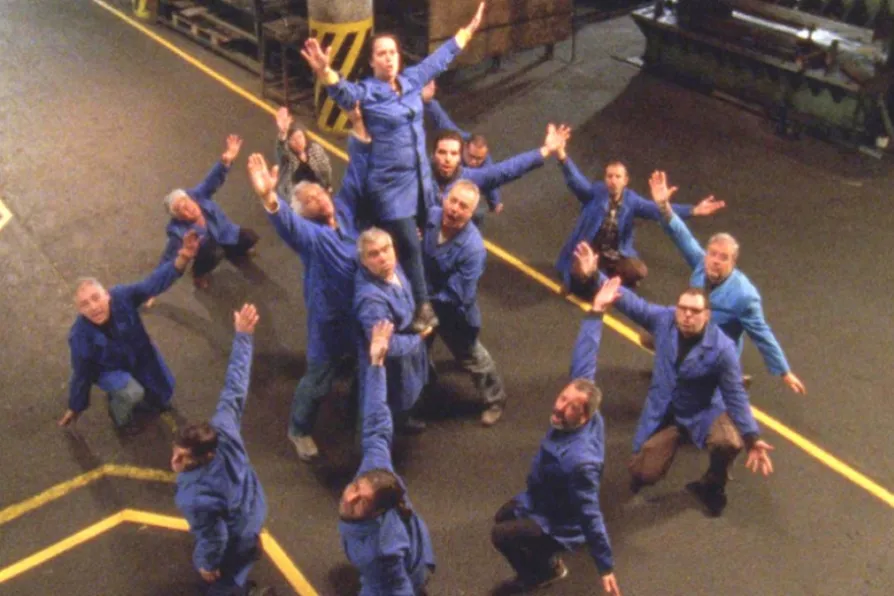New releases from The Orb, Meredith Monk, and Marconi Union
Something might come of Nothing
MARIA DUARTE sees an unusual film about the class consciousness that develops among a group of Lisbon workers faced with the destruction of their livelihoods


The Nothing Factory
Directed by Pedro Pinho
IN THE Nothing Factory, a group of Portuguese workers stage their own mini-revolt in a fight to stop their lift factory from closing and save their jobs in what's a surreal portrait of work in modern times.
Similar stories

MARIA DUARTE recommends a British boxing biopic about the stormy relationship between Nazeem Hamed and his trainer Brendan Ingle

MARIA DUARTE is in two minds about a peculiar latest offering from Wes Anderson

Our tipster gives this weekend's lowdown











